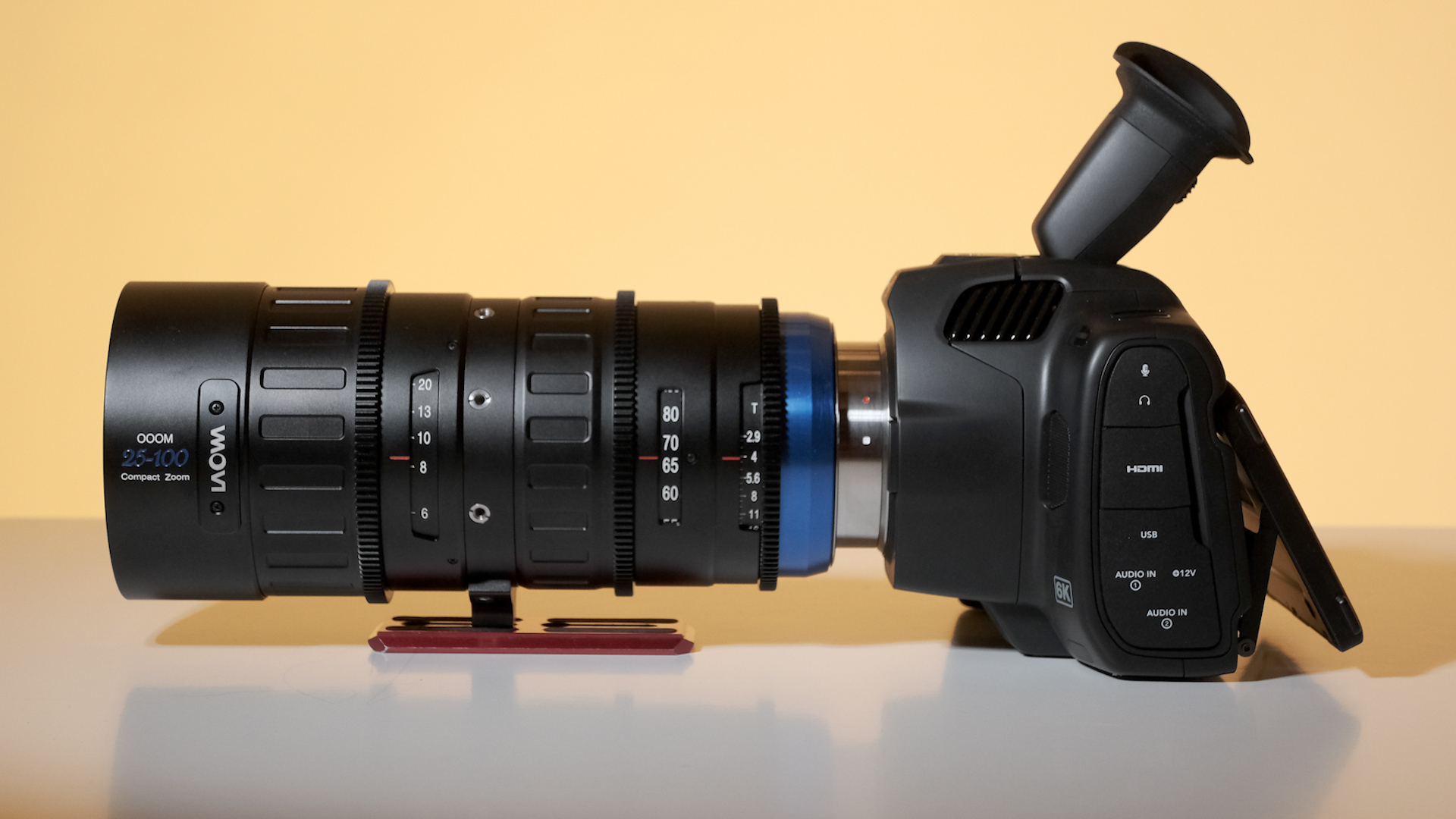Carlos E. Martínez
New member
This is a question I make myself that I don't see being discussed and I think should be.
Why use a $300,000 to 500,000 or more Arri Alexa, Red, Sony Alta or Panasonic camera, even if the latter cost a bit less, if the prospect for the next 10 years is quite likely that the film won't be seen in a film theater with a gigantic screen? Not to speak of a TV film or series, that will be screened in 65" LED screen, or even using a projector, which actually very few people will screen in a too large screen.
Let's start with a Blackmagic Pocket Cinema Camera 6K Pro, which can start at around $3,000 for body, battery grip and EVF

 www.cined.com
www.cined.com
There are other cameras similar to this one in capabilities, some more sophisticated/expensive, some less sophisticated/affordable. All of them of course you need to use with high quality lenses to get superb results. But even the lenses are becoming more affordable, once again when considering how large the screen size will be.
The problem seems to me who's putting the limits you have to get to for this I call a "new reality". Why should we adjust to them or why shouldn't we force other limits to be accepted.
What I'm pointing at, as you might guess, is having more independent film making. All over the world.
We now watch, through Netflix, films and series coming from everywhere. The last two years Oscars have Asian or Mexican directors getting the prizes or being finalists. How many more are out there?
The limit seems to be a technical one, and I wonder if we should allow things to continue to be so.
Why use a $300,000 to 500,000 or more Arri Alexa, Red, Sony Alta or Panasonic camera, even if the latter cost a bit less, if the prospect for the next 10 years is quite likely that the film won't be seen in a film theater with a gigantic screen? Not to speak of a TV film or series, that will be screened in 65" LED screen, or even using a projector, which actually very few people will screen in a too large screen.
Let's start with a Blackmagic Pocket Cinema Camera 6K Pro, which can start at around $3,000 for body, battery grip and EVF

BMPCC 6K Pro Review and Sample Footage | CineD
BMPCC 6K pro review. We took the new camera for a spin and really enjoyed working with it. The footage is gorgeous and the price is right
There are other cameras similar to this one in capabilities, some more sophisticated/expensive, some less sophisticated/affordable. All of them of course you need to use with high quality lenses to get superb results. But even the lenses are becoming more affordable, once again when considering how large the screen size will be.
The problem seems to me who's putting the limits you have to get to for this I call a "new reality". Why should we adjust to them or why shouldn't we force other limits to be accepted.
What I'm pointing at, as you might guess, is having more independent film making. All over the world.
We now watch, through Netflix, films and series coming from everywhere. The last two years Oscars have Asian or Mexican directors getting the prizes or being finalists. How many more are out there?
The limit seems to be a technical one, and I wonder if we should allow things to continue to be so.

